14. Israeli Salad is Incredibly Popular
It’s not uncommon for Israelis to eat salad with every meal. In some countries, salad is loaded with so many high-calorie toppings that it isn’t really healthy anymore. By contrast, Israeli salad is generally made from cucumbers, tomatoes, and onions. Tomatoes and cucumbers are incredibly hydrating. Plus,
tomatoesare full of a powerful antioxidant called lycopene, which has been linked to reduced rates of heart disease and cancers. Israeli people eat plenty of them, with statistics showing that they eat an incredible
140 tons of tomatoes every single year.
The salad vegetables are dressed are dressed with a blend of olive oil, vinegar, lemon juice, and seasonings. This dressing is a much healthier option than the “ranch” popular in other countries. On average, two tablespoons of ranch contains around 140 calories, 14 grams of fat, 260 mg of sodium, and just under two grams of carbohydrates. Even though the olive oil does add some fat to Israeli salad dressing, it is healthy polyunsaturated fats. The dressing is also significantly lower in sodium.
15. Israel Has Healthier Drink Choices
In many Western cultures, drinks are full of sugar. Sodas are popular and juices, which are supposed to be healthy, contain so much sugar that a lot of the health benefits are lost. People in Israel drink a lot of water, especially during the hotter summer months. The government has even discouraged sugary drinks by
imposing a tax on them, in an effort to encourage healthy beverage choices. There are many healthy beverages popular in Israel, including:
- Fruit and vegetable juices– With so much fresh produce available, it’s no surprise that fruit and vegetable juices are popular. These are fresh, though, which lets the juice retain its nutritional value. They also don’t have sugar, preservatives, or other unnecessary ingredients added. Pomegranate juice is one of the most popular, but there are many others, too.
- Limonana and Rimonana– Limonana is made with lemon and mint and it’s most popular during the summer months. Rimonana is made from pomegranate juice and mint, which is more popular during the fall and winter because of the growing seasons.
- Water– Israeli people also drink a lot of water, especially during hotter months. The people of Israel have many water conservation processes because fresh water in the area is limited. Most of their water comes from the Mediterranean Sea and is de-salinated before use.
16. They Eat Big Breakfasts
In Israel, big breakfasts are common. Eating breakfast has a lot of health benefits. It gives your body energy to move and do what it needs to during the day, rather than relying on reserves and reduces brain fog. Starting your day with breakfast is also important for preventing insulin resistance. If you are skipping at least 5 days a week, there is a
55% greater chance that you’ll develop Type 2 diabetes later in life.
Of course, the food you’re eating for breakfast matters, too. An Israeli breakfast isn’t full of sweet, processed breads and high-carbohydrate foods like pancakes or waffles. Instead, Israeli breakfast has healthy components like traditional Israeli salad, fresh vegetables, and high-fiber porridge. Healthy sources of calcium and protein are also included with sides of cottage cheese and labneh. One of the most popular breakfast dishes is shakshuka, a tomato-based dish that has been topped with eggs and baked. People may also dip toast in it, but of course the bread in Israel is made from whole grains full of fiber that are a healthier option for breakfast, too.
17. Pomegranate is a Popular Choice
Pomegranates are one of the seven indigenous fruits mentioned in the bible, alongside other choices you can find through Israel including dates, figs, olives, grapes, wheat, and barley. It’s most common to see these on the table around Rosh Hasana, or the Jewish New Year, because pomegranate trees ripen in early fall. In addition to eating the beautiful red seeds raw, the people of Israel drink pomegranate juice and use it in dressing and marinades.
When eaten raw, the seeds themselves are full of fiber and other nutrients. The juice of a pomegranate is full of antioxidants and even has 40% of your daily value of Vitamin C. In fact, pomegranate juice contains
three times the amount of antioxidants as red wine or green tea. These antioxidants fight inflammation and free radicals throughout the body. Some of the diseases they fight off include various
cancers, heart disease, arthritis, and Alzheimer’s disease. There’s even some research that pomegranates reduce the risk of insulin resistance and help manage conditions like diabetes and high blood pressure.
18. Israel Loves Dried Dates
Locally-grown dates are another popular item that you can find at roadside stands and shuks. Dates are incorporated into the average Israeli’s diet in several ways. They are most commonly eaten in their dried form and might even be stuffed with walnuts. The people of Israel also use the nectar from the dates. It can be added to sauces, stews, and marinades and even swapped out for sugar and used as a healthy sweetener.
One of the unique things about dates is that they preserve well, so they can be dried without ingredients like sulfur dioxide or potassium sorbate. Plus, dates have tons of incredible health benefits from being a fiber-rich food that’s also full of antioxidants. Research shows that dates are high in iron, which helps prevent anemia. With them having high concentrations of sugar and fiber, they are great for an energy boost. It’s even common for them to be used during fasting periods in Israel and other Middle Eastern countries for this reason. Dates also have other key vitamins and minerals, including calcium, phosphorus, zinc, selenium, several B vitamins, and more.
What an awesome article!








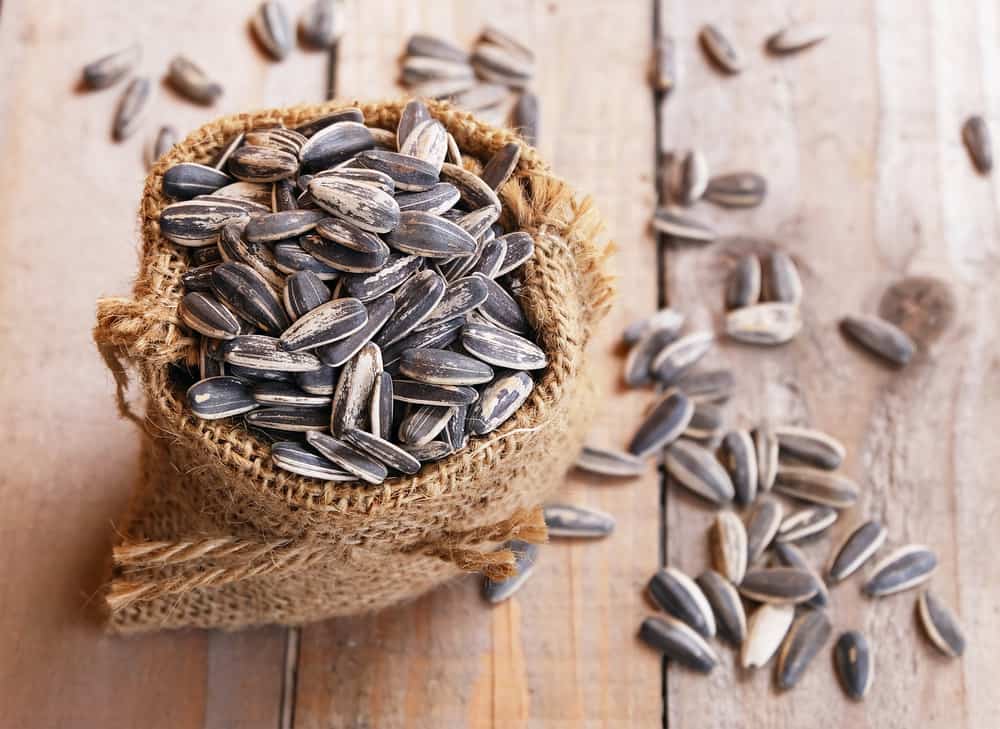
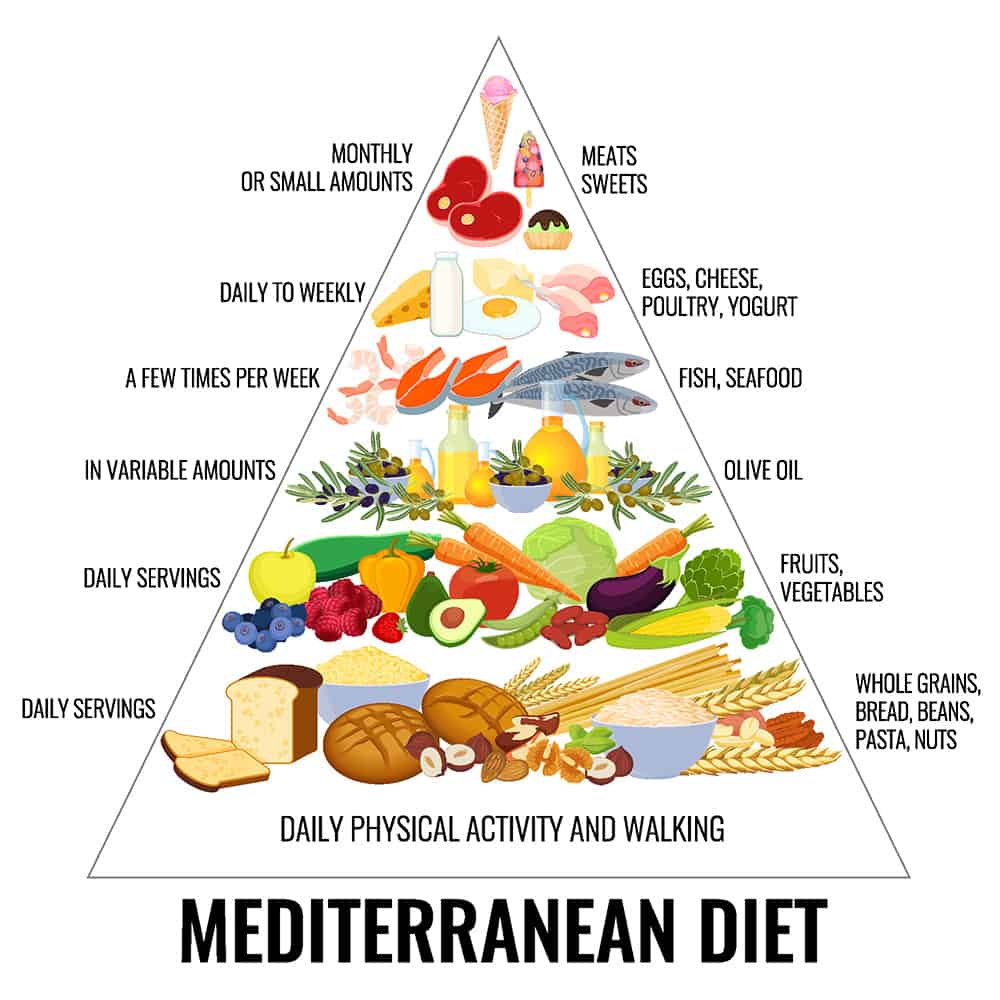

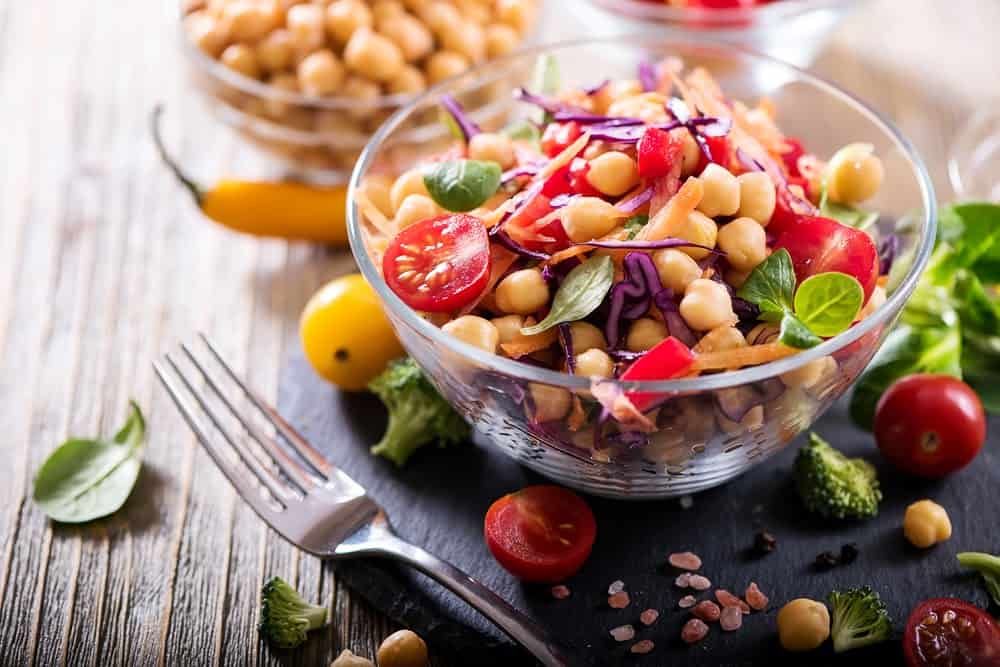

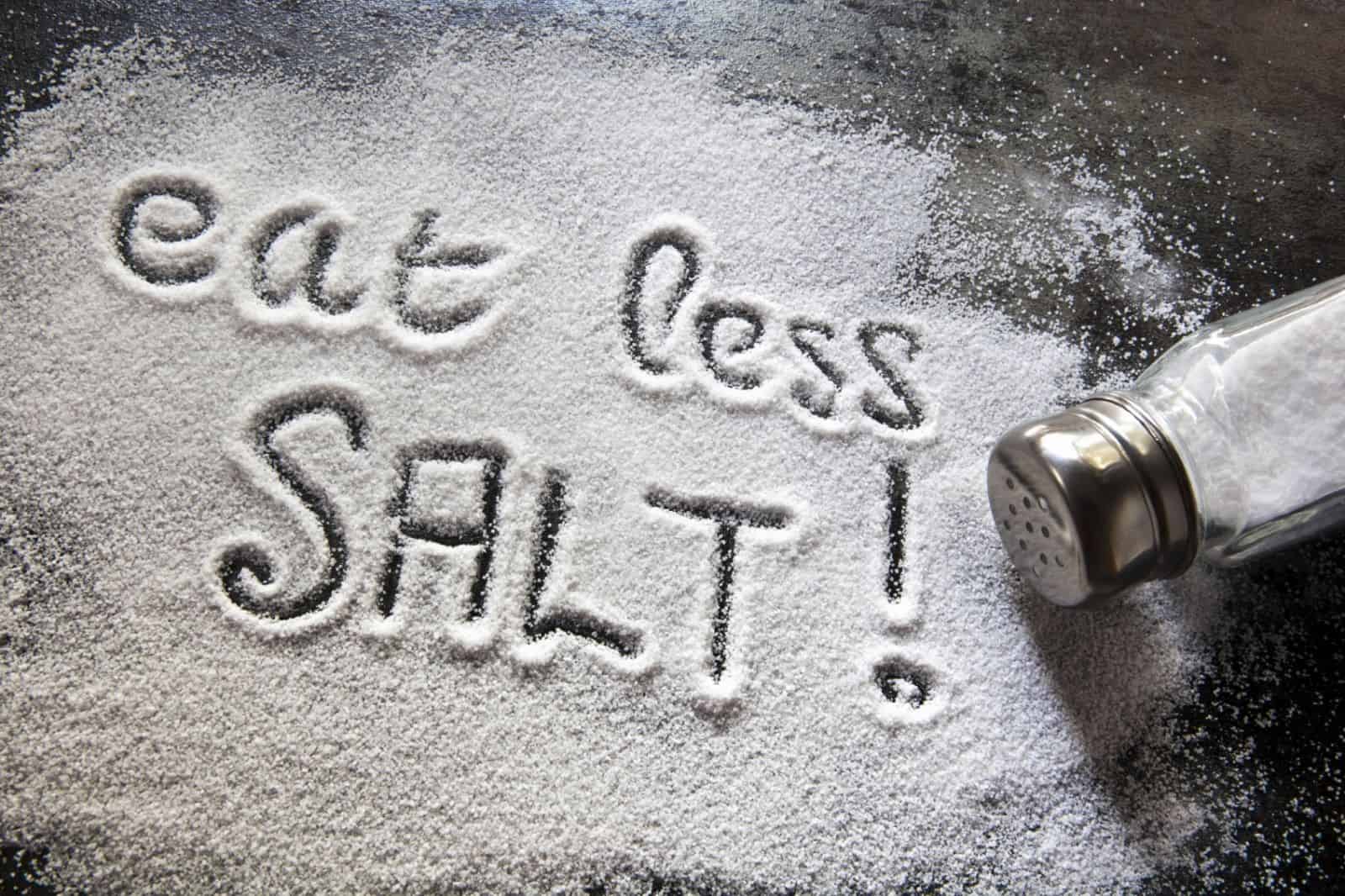
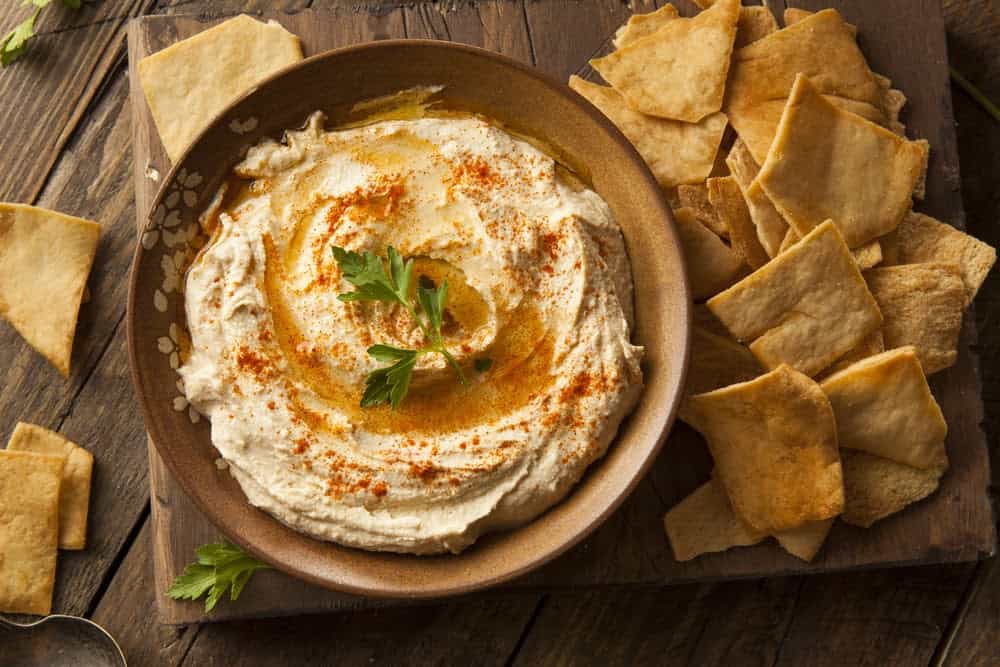
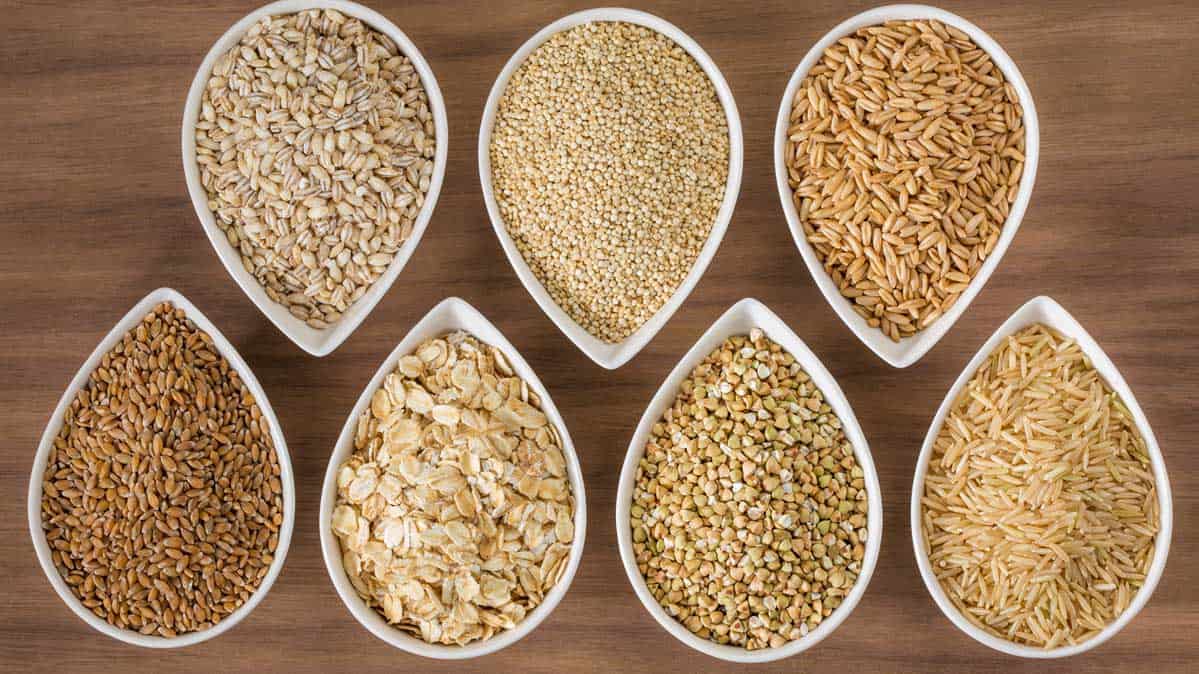
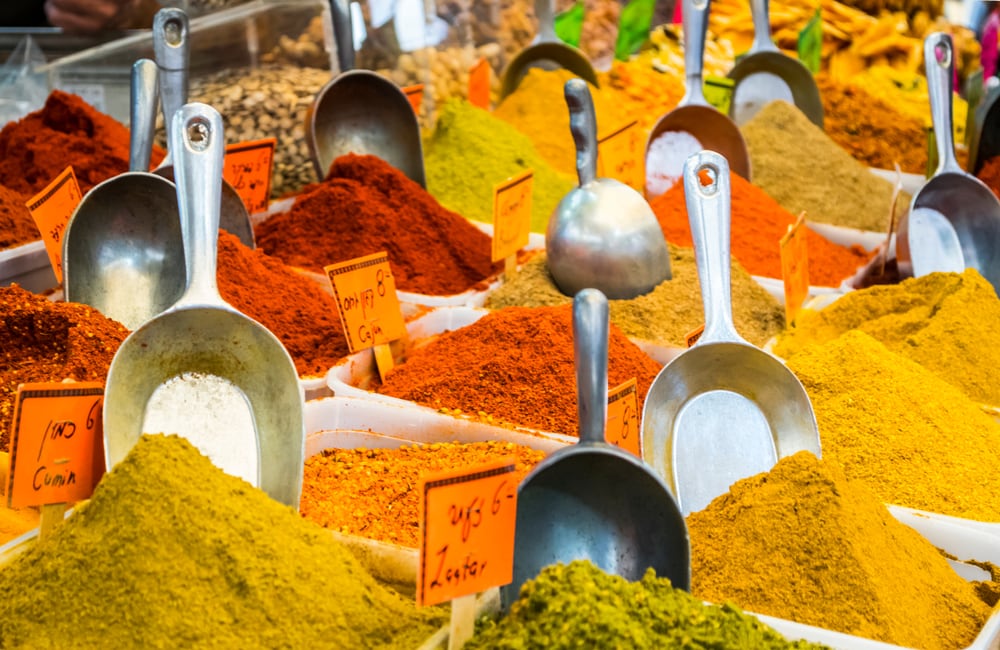
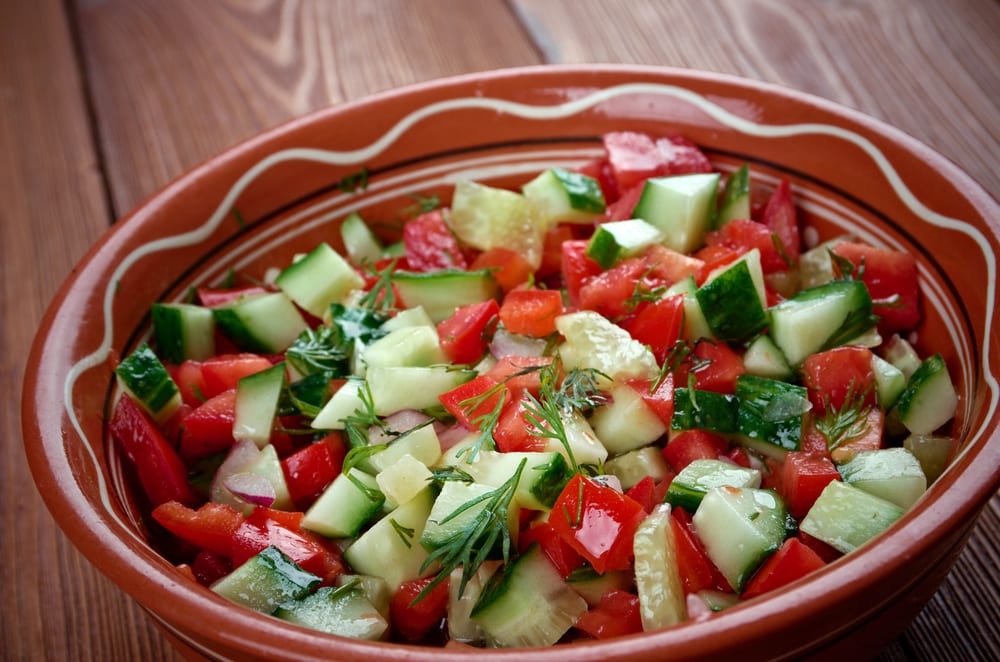
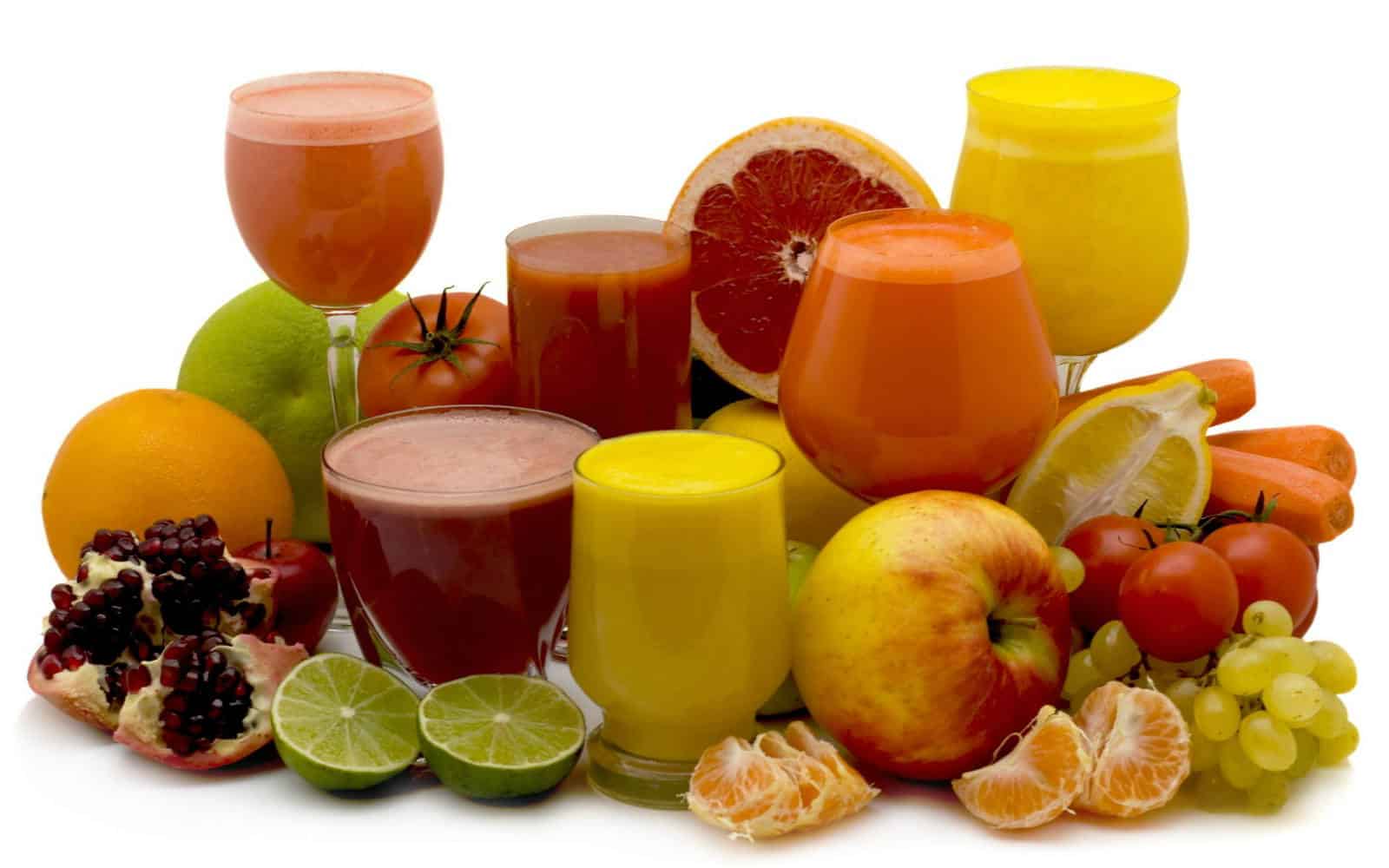
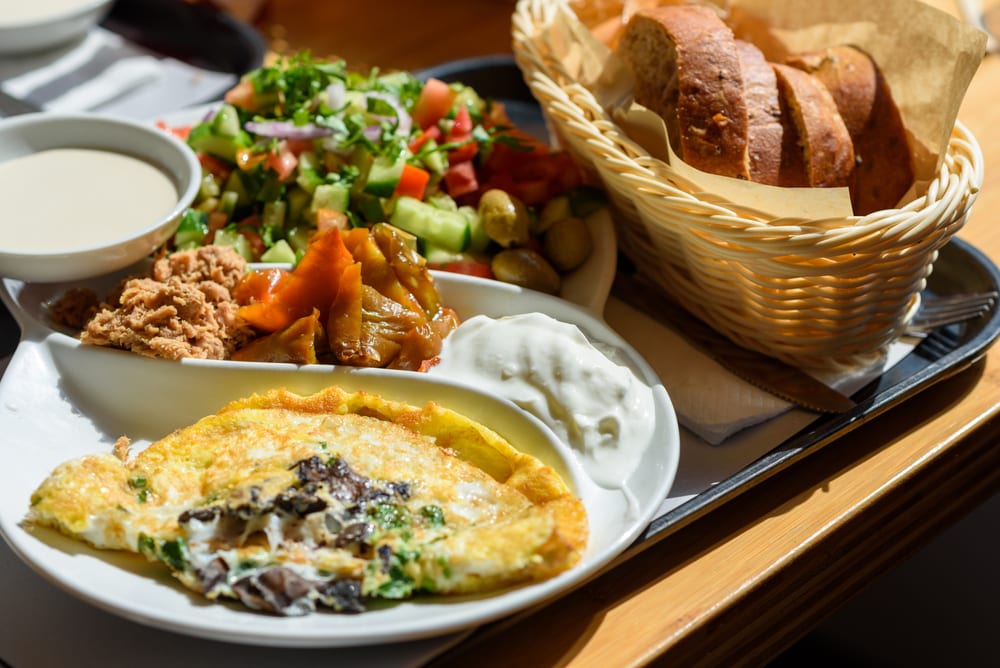
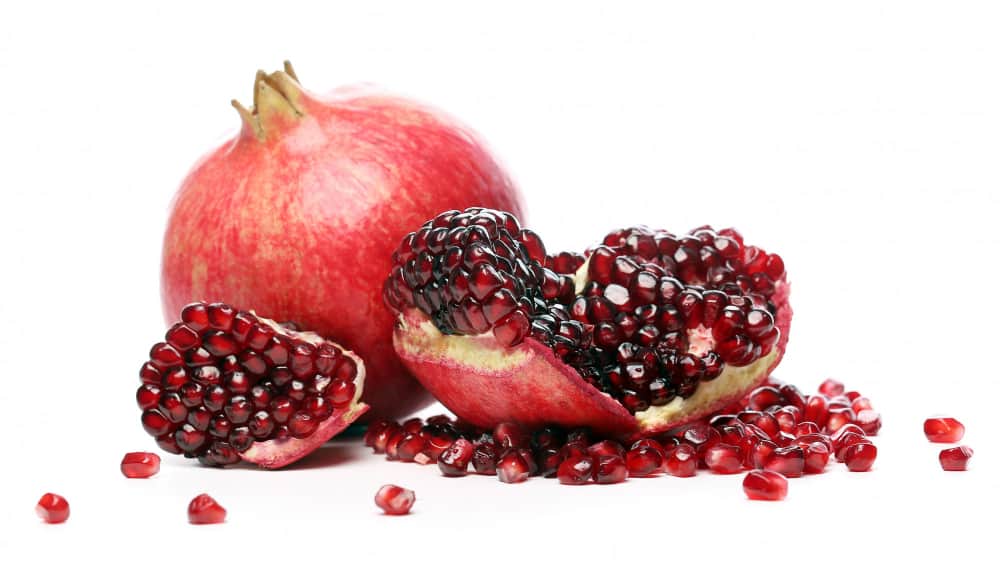
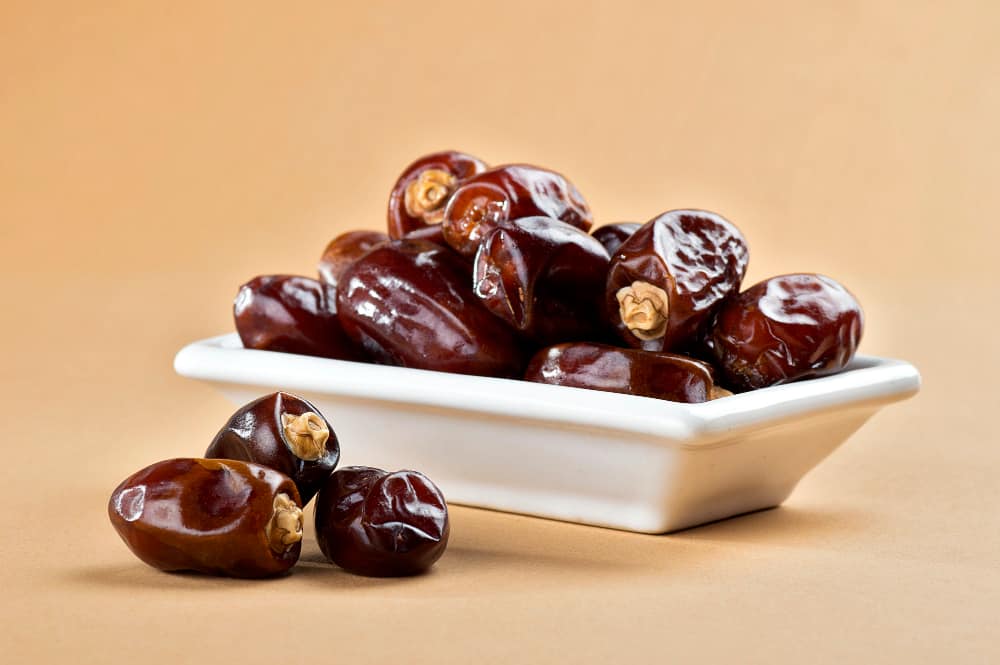



 It would be lovely to have better access to olive oil, it can be made into wonderfully tasty dips and salad dressings, too.
It would be lovely to have better access to olive oil, it can be made into wonderfully tasty dips and salad dressings, too.